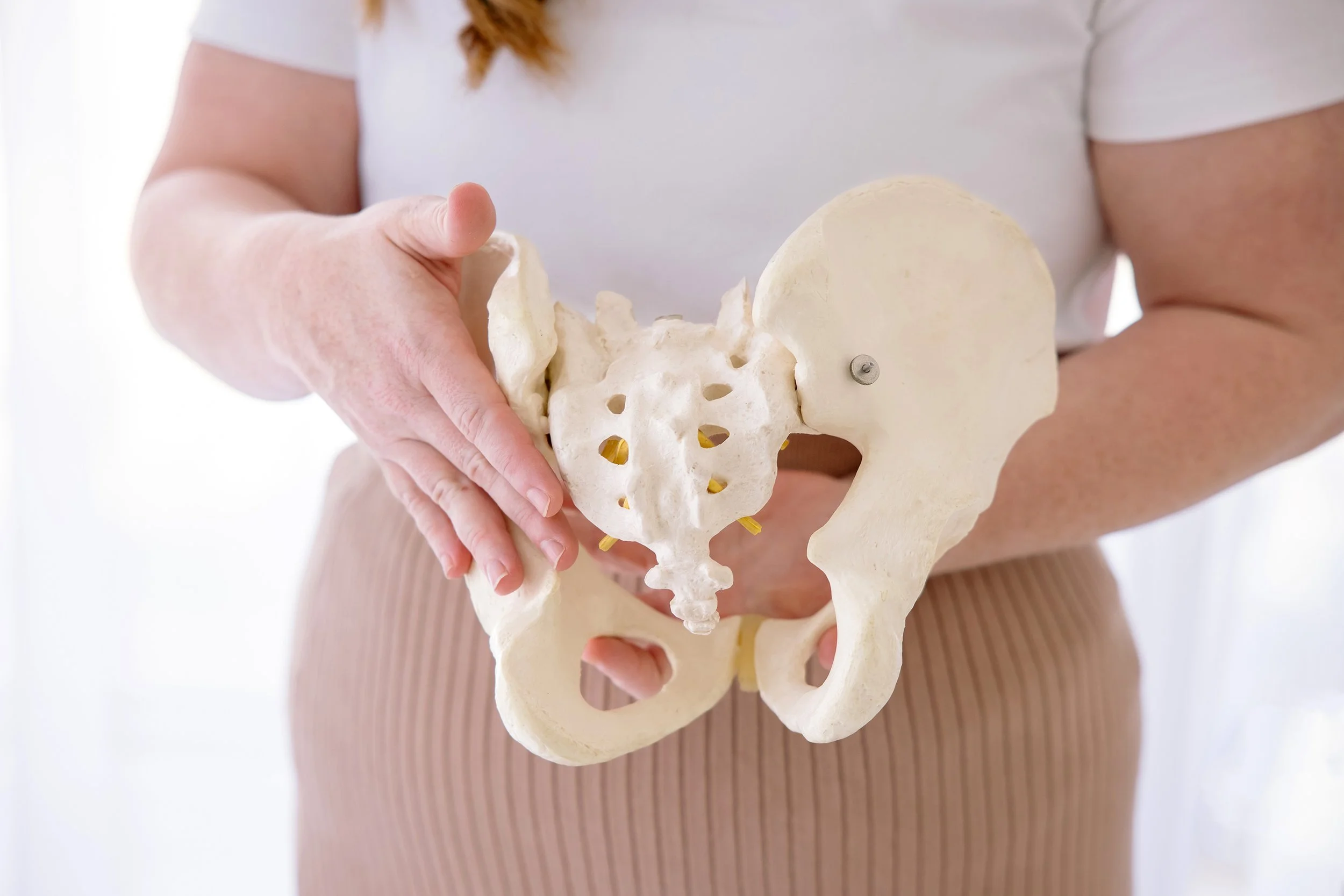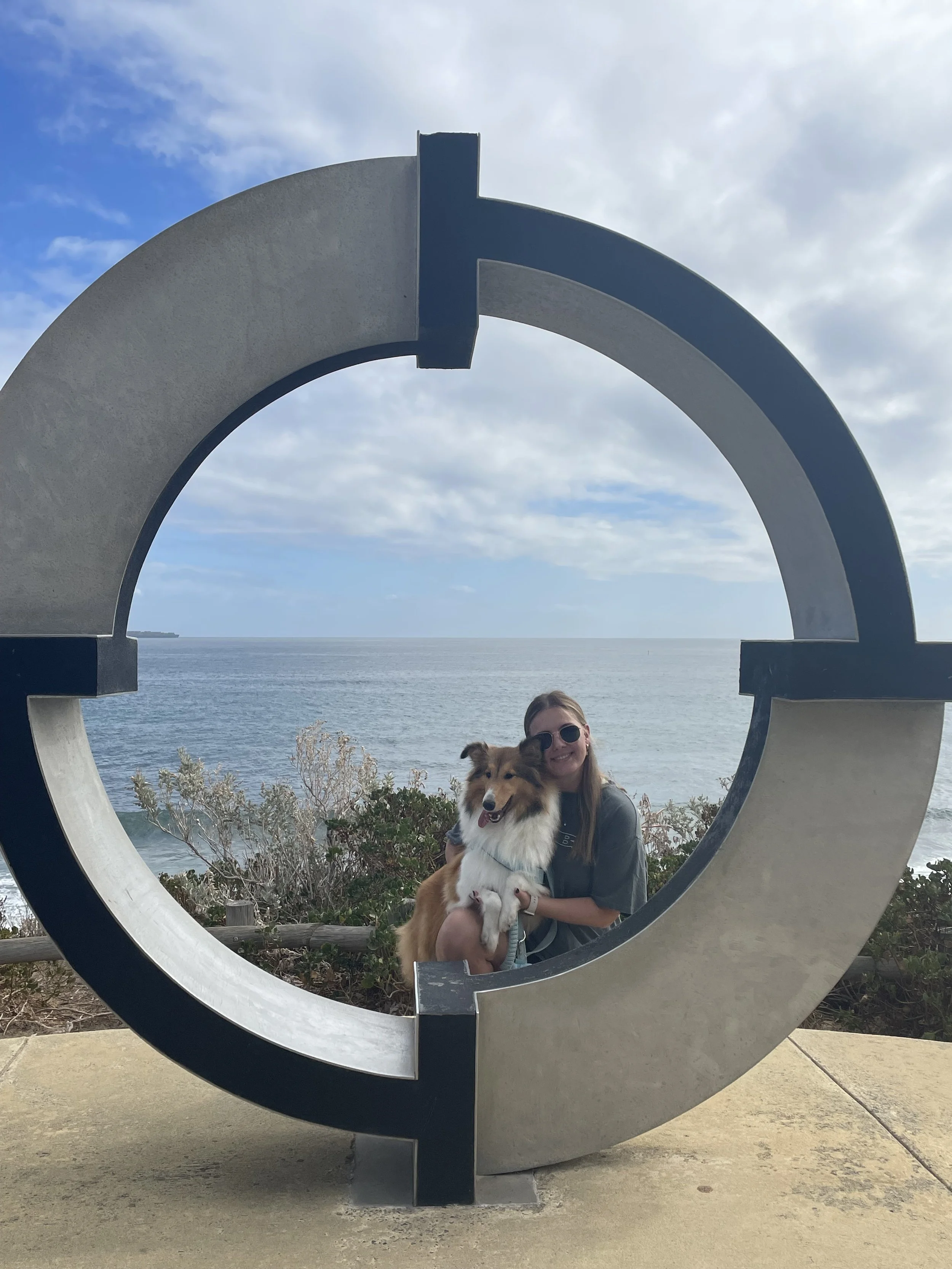The Matilda Blog
Supporting you in understanding endometriosis, navigating surgical care and speaking up for what your body needs.
Meeting People Where They Are
A reflection on why traditional clinic-based physiotherapy doesn’t work for everyone, and how mobile and telehealth care are improving access to pelvic health support.
2026: New Year, New Me?
A reflective piece on living with endometriosis in a world obsessed with highlight reels. A reminder that small wins, rest, and self compassion are real achievements.
Sleighing Endo: Tips for a Gentle Christmas
Christmas has always been my favourite time of year, even if my endo sometimes reminds me it has other plans. I used to throw myself into the season full throttle, only to crash halfway through. Over time, I’ve learned a few ways to enjoy it without letting pain, fatigue, or stress take over.
The Economic Burden of Endometriosis: What Australian Data Reveals.
A clear look at the $9.7B national burden of endometriosis and why better support matters.
Understanding Endometriosis Pain: In conversation with Dr Jane Chalmers (Pelvic Pain Researcher)
Pelvic pain expert Dr Jane Chalmers explains why endometriosis pain doesn’t always match disease severity, and how to support your nervous system before and after surgery. Learn more about pain recovery and holistic healing with Matilda Health.
Healing from Medical Trauma: What It Is and How to Move Forward
Medical trauma is more common than we think, and rarely talked about. In this post, Matilda psychologist Sophie Callen explores what medical trauma is, how it might show up in your life, and offers grounding tools, self-advocacy language, and healing strategies for moving forward.
Bladder and Bowel Health Before and After Endometriosis Surgery
Bladder and bowel dysfunction are frequently under-recognised components of the endometriosis experience, yet they are often among the most distressing.
What If It’s Not Endo? Navigating Uncertainty After a Laparoscopy Without a Diagnosis
Navigating uncertainty is one of the hardest parts of the endometriosis journey, especially when you’ve gone through the process of a laparoscopy and come out the other side without a clear diagnosis.
Preparing for Endometriosis Surgery: Why Prehab and Rehab Matter
Preparing for surgery can feel overwhelming- there’s so much to think about, both physically and emotionally. That’s where prehab and rehab come in. These simple, evidence-based strategies can make a real difference to how you recover and feel after surgery.
Living with Endometriosis in Rural Australia: Bridging the Gap with Technology
Some days, just getting to an appointment feels like a huge effort. When my pain is bad, even sitting in the car can be exhausting, and by the time I arrive, I’m often too tired to fully take in the information or ask all my questions. And if I can’t make the trip at all, it means waiting longer for answers and delaying the care I need.
What Should Be in Your Endometriosis Flare Toolkit?
Living with endometriosis or pelvic pain, like many chronic conditions, means navigating ups and downs. Having a ready-to-go flare toolkit can make a huge difference. Instead of scrambling to cope or feeling confused when symptoms increase, you can reach for a curated set of tools to ease your body and support your mind.
Learning to Love My Body with Endo: Scars, Bloating, and All
Scars, bloating, and self-doubt- Anna shares how endometriosis shaped her body image and how she’s learning to love her body again, exactly as it is.
Love Your Labia: A Pelvic Physio’s Take on What’s Normal (and Why That Question Matters)
When you live with endometriosis or persistent pelvic pain, it’s easy to feel like your body is working against you- especially when people don’t often discuss the pelvic area. And then you get referred to Pelvic Physiotherapy, and have no idea what to expect!
Many clients arrive at their first Pelvic Physiotherapy session feeling anxious. Some are scared it’s going to hurt and others are worried that something about their vulva, labia, or vagina isn’t “normal.” I’ve lost count of how many people have nervously asked: “Is it okay down there?” or whispered, “Sorry, I haven’t waxed…”
So let’s discuss this and clear things up- with kindness, facts, and zero shame.
How Can I Manage My Pain Day to Day?
If you live with endometriosis or persistent pelvic pain, you probably already know that pain doesn’t follow a neat, predictable schedule. Some days are manageable. Others are overwhelming. And many days fall somewhere in between.
Endometriosis Surgery Recovery Timeline: Week-by-Week Insights
Recovery from endometriosis surgery is about more than wound healing. It’s a delicate process of physical, emotional, and hormonal adjustment- especially in the first few weeks.
The Power of Community: Why We Created the Matilda Circle
Living with endometriosis can feel isolating. That’s why we created the Matilda Circle- a supportive, validating community where you’re seen, heard, and never alone.
How I Unlearned Hiding My Pain to Seem ‘Low Maintenance’
I wanted to be the friend who said yes to every invite. The one who was always up for a spontaneous catch up or a last-minute trip. The one who could bounce back quickly, no matter what her body was going through.
Instead, I was constantly navigating a body I didn’t fully understand, symptoms I didn’t yet have language for, and a health system that often made me feel invisible. So, I learnt to perform—to act ‘normal’.
Bowel Symptoms in Endometriosis: What’s Normal, What’s Not.
It’s one of the most common- yet least talked about- challenges of living with endometriosis: bowel symptoms.
Many people with endometriosis experience bloating, constipation, diarrhoea, pain with bowel movements, or a sensation of incomplete emptying. These symptoms can occur even without endometriosis directly affecting the bowel, because of the condition’s links with inflammation, nerve sensitisation, and pelvic floor dysfunction.
Travelling with Endometriosis: 12 Tips to Stay Comfortable on Your Next Holiday
Travelling with endo? It’s absolutely possible. Yes, you can still live your best life- whether it’s cocktails by the beach or hot chocolates in the mountains. The key? A bit of prep, some handy tricks, and listening to your body every step of the way.
Dating with Endometriosis: What I Told My Partner from the Start
Dating with endometriosis is a layered experience. It’s not just the nerves or the usual butterflies- it’s also the quiet calculations going on in the background. Will I be okay going out tonight? Should I mention the pain? What if I need to cancel at the last minute?





















